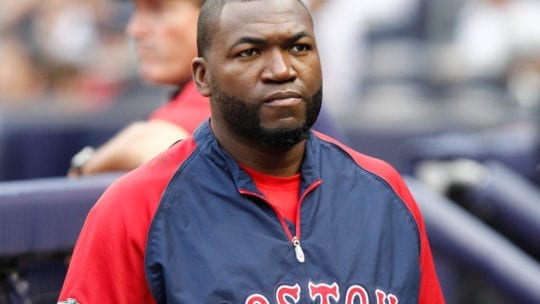
“It’s as much about what you don’t say as what you do.”
This month we look at organizations in very different industries, though both face the consummate nightmare.
Dominican Republic

Anyone in the destination marketing business knows that the very last thing you want to see are the words “death” or “illness” anywhere near the place you’re promoting.
At the moment, that seems to be the fate of the Dominican Republic—which has built a stellar reputation over the last few years as a prime tourist destination, particularly for Americans. It’s the top tourist destination in the Caribbean and top 5 in the Americas.
But a sudden spate of tourist deaths and illnesses in May and June, including Melissa Rycroft, a former contestant on “The Bachelor,” who got sick after a vacation with her family in early June, has drawn a torrent of negative publicity to the tropical paradise.
To make matters worse, popular former Boston Red Sox player David “Big Papi” Ortiz, a native of the DR, was shot in a bar there June 9—perhaps in a case of mistaken identity.

Statistics and Isolated Incidents
If the deaths and illnesses weren’t in such quick succession, there would have not been any media attention at all. At least that’s what Tourism Minister Francisco Javier García must have believed when he tried to explain away the growing fears with statistics.
“There is no such thing as mysterious deaths in the Dominican Republic,” he said. García added that the number of recent deaths was not unusual. In addition, the figure actually is lower than in some previous years, he said. The minister attributed all the deaths to natural causes.
But deaths and health problems keep mounting. And when 47 of 114 Jimmy Buffet fans fell sick, and news reports brought out dozens of other stories of travelers who had become ill while visiting the DR, what had been a steady drip of “isolated incidents” turned ino a flood of negative coverage.
Travelers weren’t buying the “isolated incident” message. Many began making alternative plans. Cancellations are up by 45 percent and bookings have declined by 59 percent.


#BefairtoDR
Surprisingly, the tourism minister not only continued to deny that there’s a problem, he (and presumably a communications team) launched a weirdly defensive campaign. The effort is using the hashtag #befairtodr—as if the media somehow is to blame for the problem. All this as rumors of poisoned mini-bars, deadly bootleg liquor and insecticide contamination continue to circulate.
As of late June, airlines were waiving cancellation fees for travelers who want to back out of their trips to the DR. This is something the airlines reserve for deadly storms and planes that fall out of the sky.
Even the FBI is involved. It has sent agents to investigate.
The situation is badly in need of the government to begin an investigation and to communicate openly and transparently. None of which seems to be happening.
Deutsche Bank
If we listed the various investigations, scandals and violations that Deutsche Bank has been the subject of in the last few years, there’d be little room left in this newsletter.
Imagine a word cloud with “Deutsche” at the center. Surrounding it are terms like “Russian money laundering, tax fraud, suspicious transactions, sanction violations, scandal” and now “layoffs.” Late last month the Wall Street Journal reported the bank is considering as many as 20,000 layoffs globally, or nearly 1 in 6 full-time workers.
Denying Nothing
Unlike the DR, Germany’s largest bank is denying nothing. For a while its strategy was to “cooperate with investigators,” promise to rectify the issues, pay fines and move on.
In fact, many analysts just assume that Deutsche has factored all the fines and legal fees into its cost of doing business. Except that the problems never seem to go away.
Similar to most long-running corporate crises, you can blame many of Deutsche Bank’s ills on corporate culture. But in this case it’s not the CEO. The bank has churned through four since 2012—all of whom have arrived with grand plans to change the culture, but somehow never succeeded.
The one consistent figure at the top is Deutsche’s chairman of the board Paul Achleitner, who has been at the helm since 2012, through all of these scandals. Many blame him for the lack of oversight.
Now, the bank’s culture and long history of investigations and fines seems to be finally catching up with it. Deutsche Bank’s stock price is at a record low. Rumors of 20,000 layoffs didn’t materialize from thin air. The bank’s board discussed a strategic reorg plan, including massive job cuts, during a June call with analysts.
The plan is said to eliminate hundreds of positions in equities trading and research, as well as derivatives trading, as part of a broad restructuring, Bloomberg reported. The bank’s U.S. operations reportedly will take a heavy hit, becoming a skeleton operation for high net-worth customers, Reuters reported. Unfortunately the one person with the power to change the bank’s toxic culture probably is not going to be getting a pink slip.
CONTACT: [email protected]
